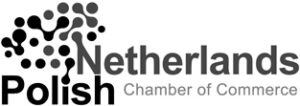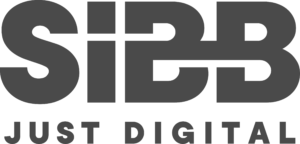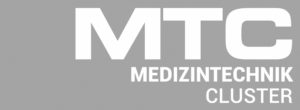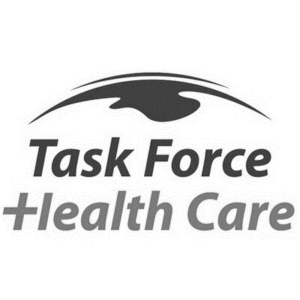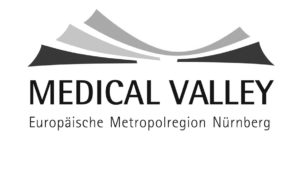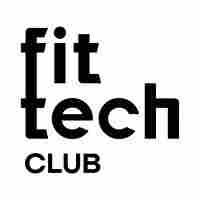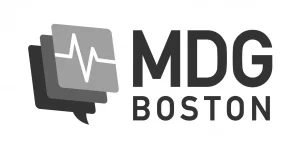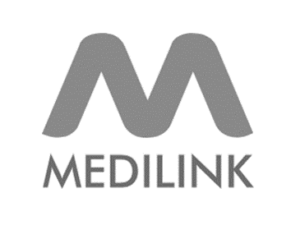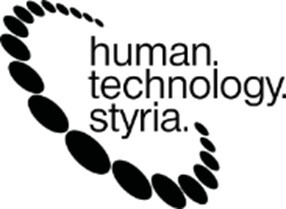In most industries, data entry is generally relegated to individuals that are rather lower-skilled.
Healthcare is unique.
The most highly skilled people do the data entry — and it’s a lot of data entry. Most physicians will candidly tell you that documentation is their least favourite part of the day. While most doctors loathe the clinical documentation process, they also recognize that it’s important and many performance and quality ratings are based on what is found in clinical notes.
Therefore Health systems are launching enterprise-wide deployments of AI-powered clinical documentation tools. Hospital leaders agree that this technology reduces physician burnout, as well as allows physicians to have more meaningful and productive interactions with patients. That computer work involves clinical documentation required after each patient visit.

The only way clinicians could do the paper work for hospital patients and completing fulfil all clinical documentation tasks was to get up at 5 a.m. to complete the notes before the family woke up. But AI assistant could reduce clinicians’ documentation burden.
AI-powered documentation tools will become ubiquitous among healthcare providers in the next five years.
Clinician documentation assistants are one of the most valuable AI tools that hospitals can adopt because they help both clinicians and patients by alleviating burnout and allowing for more meaningful interactions.
The documentation burden through its AI-powered voice assistant for physicians could solve as well many things and by calling out to the AI assistant, a physician can quickly access key information about their patient, such as their medications, vital signs, allergies or surgical histories.
Physicians can also use the AI tool to do things like dictate clinical notes, pull up their weekly schedule and assist with ICD-10 coding.
The assistant can also generate clinical notes from ambiently listening to a conversation between a physician and their patient. These notes are automatically sent back to the patient’s EHR so that the physician can review and make any necessary changes before finalizing it.
EXAMPLES
Suki
This month, Ascension Saint Thomas announced its plans to integrate Suki’s AI assistant into its residency program as part of a greater system-wide rollout.
With Suki, clinicians are able to edit and finalize notes directly in the EHR, which reduces their number of overall clicks.
Suki’s assistant can also generate clinical notes from ambiently listening to a conversation between a physician and their patient. These notes are automatically sent back to the patient’s EHR so that the physician can review and make any necessary changes before finalizing it.
Suki’s tool easily can be integrated into its Athenahealth EHR. It typically takes about five business days to integrate the AI assistant into a health system’s Athenahealth EHR.
As well integration with other EHRs is possible, including Epic, Cerner and Elation Health, according to the company’s website.
DeepScribe
The New Orleans-based health system is rolling out DeepScribe’s AI assistant to its 4,700 employed and affiliated physicians.
DeepScribe is integrated with several EHRs, including Epic and Athenahealth.
It ambiently listens to the patient-provider interaction and provides a transcript that captures the dialogue.
It also produces clinical note drafts that clinicians can edit and submit in the EHR.
Health Care produces giant health records that can tell you everything about patients but for some reason, everybody wants to look at the doctor’s note to know how a patient is doing. As a doctor, you want to show that you’re doing your work, but some doctors are better at showing their work than others.
Abridge
Just last week, Kaiser Permanente unveiled plans for a big documentation AI rollout as well. The health system will be deploying Abridge’s clinical documentation tool across its 40 hospitals and more than 600 medical offices in eight states.
The tool, which is integrated with Epic, listens in on appointments, creates a transcript and generates a clinical note for physicians to edit in the EHR.
Doctors and patients “feeling so much more engaged”. Before adding ambient listening to visits, patients often felt like their physician wasn’t listening to them because they spent the whole appointment sitting in front of a computer typing, she pointed out.
The tool is scalable and easy to integrate across the health system’s enterprise, and clinicians gave overwhelmingly positive feedback during the pilot.
Abridge’s AI did well on verification testing too. The health system had its quality assurance team perform a series of tests on the AI so it could independently assess if its clinicians felt comfortable with the quality of the transcripts and generated notes.
Microsoft DAX
An enterprise-wide deployment may also soon be in the cards for The Ohio State University Wexner Medical Center. This week, the health system announced that it has started piloting Microsoft Dragon Ambient eXperience (DAX).
Microsoft’s DAX tool came with its 2022 acquisition of Nuance. The AI-powered tool, which is integrated with EHRs like Epic and Cerner, creates clinical notes by listening to patient-provider conversations and generates structured documentation in real-time.
Internal audits show that the tool currently saves Ohio State clinicians about 30 minutes to an hour per day.
More eye contact, and facing the patient and pick up on more nonverbal cues, completely focused on our patients.
Ohio State has already run 5,000 patient encounters through DAX.
Conclusion
AI tools are proliferating in multiple areas within healthcare, but when it comes to clinical documentation, the verdict is in:
AI makes doctors more efficient and satisfied, which ultimately will have a positive effect on patients.
Interested in more? Have a look into the whole article by MedCityNews:
https://medcitynews.com/2024/08/clinical-documentation-healthcare-burnout/

